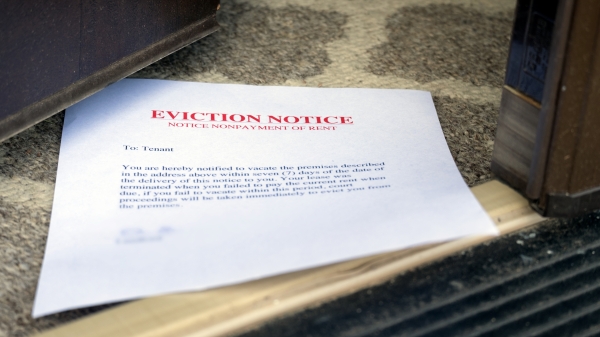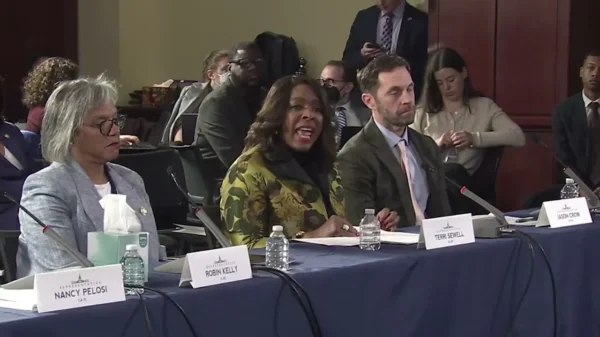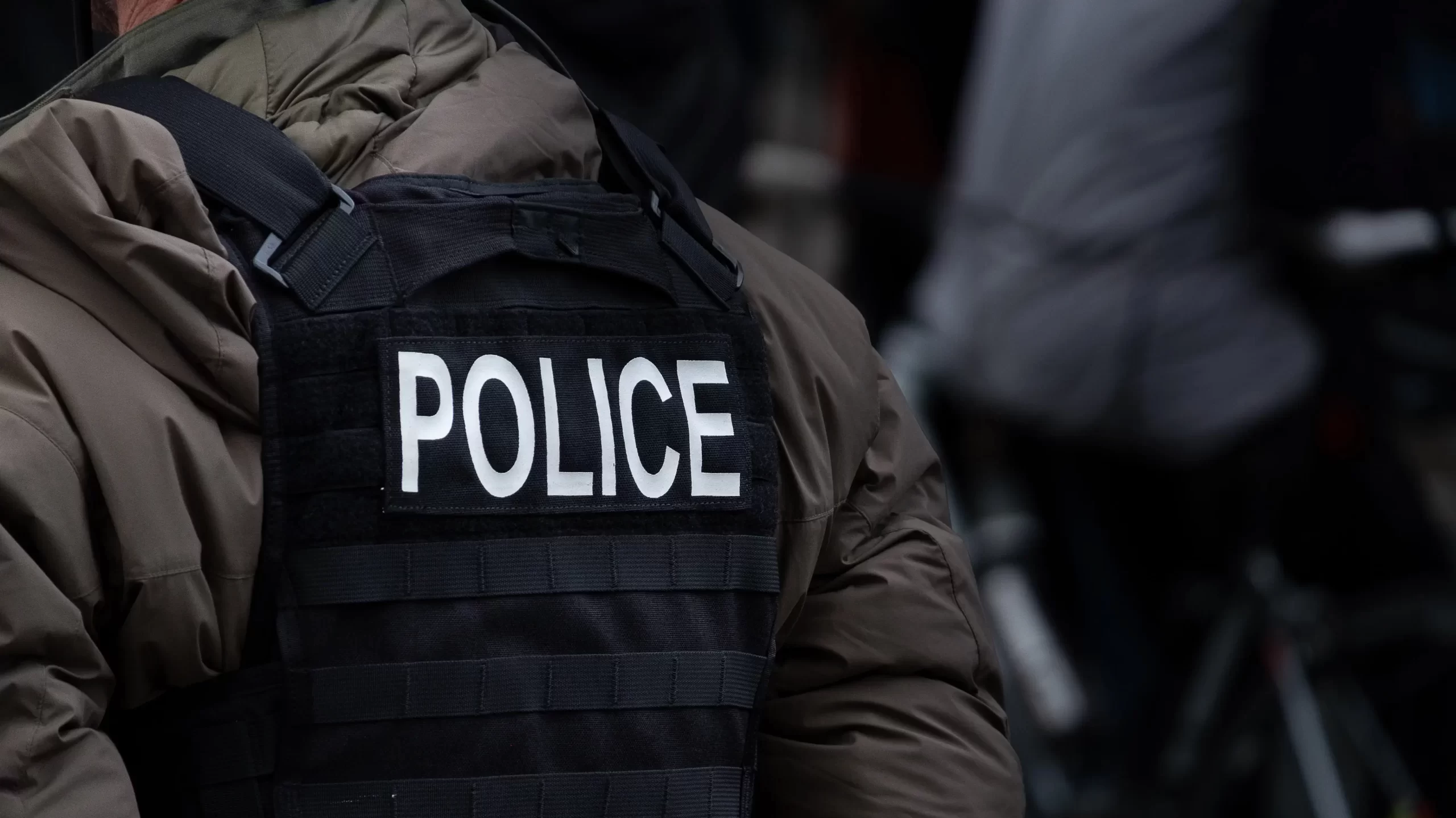This week, state Sen. Merika Coleman, D-Birmingham, pre-filed several bills for the 2025 Legislative Session aimed at regulating the use of force by law enforcement in an apparent effort to combat police brutality and increase accountability.
SB16 would “prohibit law enforcement officers from using the four-point restraint, also known as the hog-tie position, to restrain an individual.” The bill would prevent officers from restraining individuals face-down on the ground by “connecting or fastening” their limbs behind their backs.
The use of a four-point restraint can lead to dislocation, contusion, numbness, tingling, fracture, or muscle strain of the individuals’ extremities. Additionally, when restrained face-down, there is an increased risk of suffocation.
Sen. Coleman’s bill would make the use of such a restraint by law enforcement a Class A misdemeanor, punishable by up to one year of jail time and a fine of up to $6,000.
Sen. Coleman also introduced two bills which both seek to prohibit law enforcement from using tasers on restrained individuals.
SB23 would make it “unlawful for a law enforcement officer to use a taser on an individual who is restrained or otherwise unable to resist” — including when an individual is placed in handcuffs. SB20 uses the same language, but stipulates that the use of a taser in such a scenario would result in the officer facing a Class C felony, resulting in a prison sentence ranging from 1 year and 1 day to 10 years.
Lastly, Sen. Coleman pre-filed SB24, which expands public access to body-worn camera (BWC) and dashboard camera footage recorded by law enforcement.
As the bill describes, current Alabama law only requires law enforcement to disclose such footage to only “an individual whose image or voice is the subject of the recording.” SB-24 would allow any member of the public to access BWC and dashboard recordings through a standard public record request. Law enforcement would be required to release the recording within 30 days of such a request. Additionally, the bill outlines an appeals process which can be taken if a law enforcement agency fails to provide the requested footage.
The number of individuals killed annually by American law enforcement has steadily increased over the past 10 years, with more people killed by police in 2023, than any other year in the past decade. Statistically, people of color, Black Americans in particular, are disproportionately killed by police.
Alabama currently has a score of 52 out of 100 on Police Scorecard, “the first nationwide public evaluation of policing in the United States.” As stated on the official Police Scorecard website, “States with higher scores spend less on policing, use less force, are more likely to hold officers accountable and make fewer arrests for low-level offenses.” Alabama scored a 39 out of 100 with regards to police violence in the state, with 325 Alabamians dying at the hands of law enforcement between 2013 and 2021.




















































